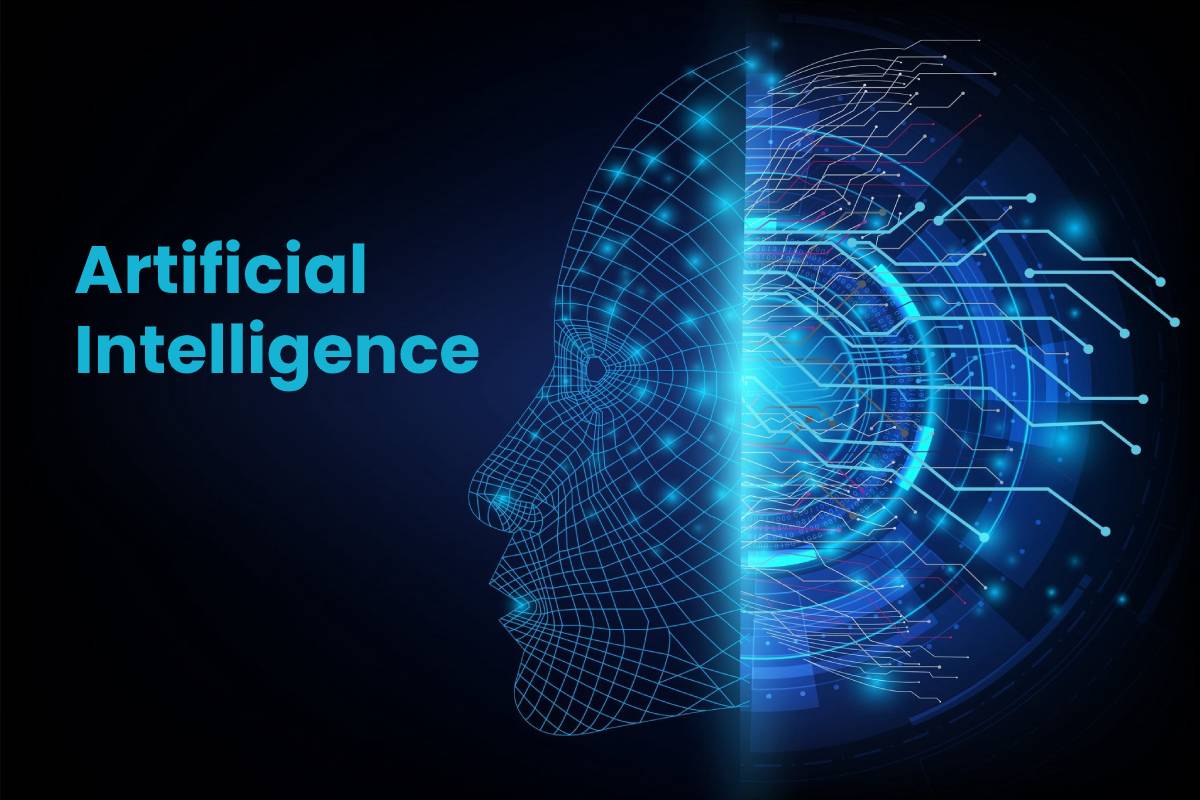Table of Contents
Artificial Intelligence Definition
Artificial Intelligence is the most important revolution in technology since computing invented.
The artificial intelligence will change everything (and is doing), but I do not have clear when or how or why.
It is a great paradox of AI. Everyone talks about it, but few know how it works or what it does.
The ability for machines to think and reason on their own may be the most critical advance in technology in recent centuries. Still, it also represents a real danger to Humanity.
AI is the attempt to imitate human intelligence using a robot or software.
How is a computer program different from an AI?
- We have seen what AI is and how there are different interpretations and varied objectives. But we still don’t know how it works.
- There are many types of AI; some of them still experimental.
- In order not to wander too far, we will focus on those used in computing, mobile phones, Internet services, and other areas close to ordinary users.
- Concepts like machine learning, neural networks, and other technologies that we often hear, but we do not know very well how they work.
- For more than half a century, computers, robots and other machines have functioned through computer programs or applications, the basic structure of which has hardly changed in all this time.
What are the examples and use cases of AI in Business?
Artificial intelligence for sales
- AI offers increased productivity for sales teams by focusing on the opportunities that can lead to success, as well as saving time for sales staff during information recording. Let’s see some examples below:
- Automatically captures sales activities, which means that sales staff don’t have to spend time filling out the CRM database.
- Automatically records customer data, for example, website navigation logs and website connections, among others.
- Suggests the best nofollow-up action and recommends email responses by connecting CRM information to the inbox.
- Predictive valuation of prospects: through predictive analysis, the system can indicate the probability that a possibility will become a sale.
Artificial intelligence for Customer Service
- Automatic classification of customer service cases is that which avoids depending on the customer service agent when making a decision and therefore saves time for the agent.
- Automatic Case Routing Once the call has automatically classified, the system can now forward the request to the highest-rated agent to determine the type of problem.
- It increases the productivity and quality of service, by suggesting the solution most likely to solve the customer’s problem.
- Self-service communications. Research shows that the current generation of customers prefers self-service (for example, customer portal or app) rather than telephoning a call center.
- For example, conversational bots allow the customer to send text messages to establish communication.
Artificial intelligence for marketing
- Marketing is a discipline that has become increasingly analytical and quantitative over the years.
- Many of the predictive analytics and AI techniques are primarily applied in Marketing, for example, predictive modeling for customer migration. And also, the probability of purchases, and grouping models for customer segmentation.
- Predictive email scoring: lets marketers know how likely their customers are to respond to the campaign; or, abandon it
- Predictive audiences: on predictive scoring, it will be possible to segment better your customer and prospect base based on predictive behavior by grouping people who have points in common.


